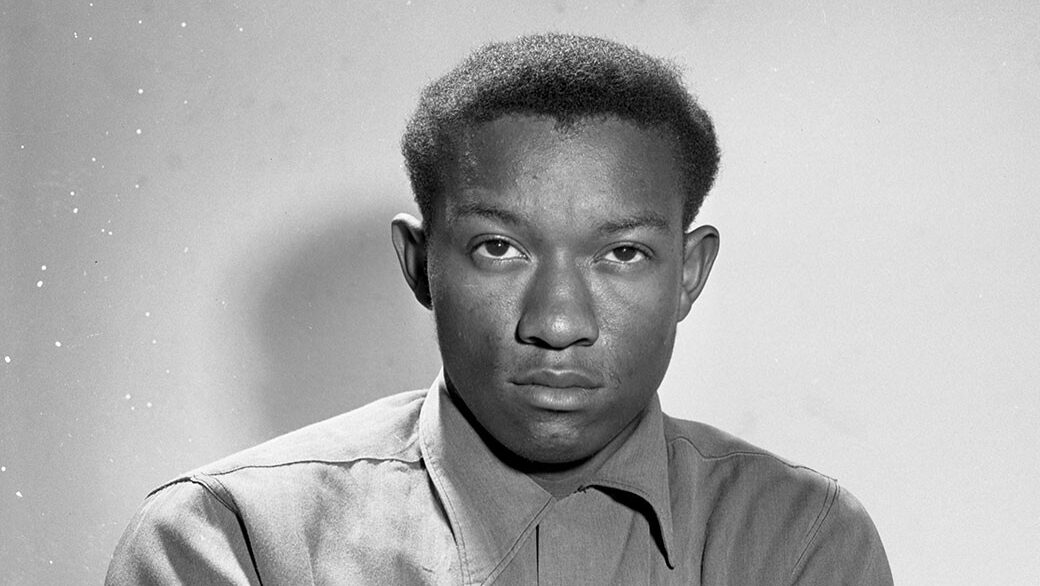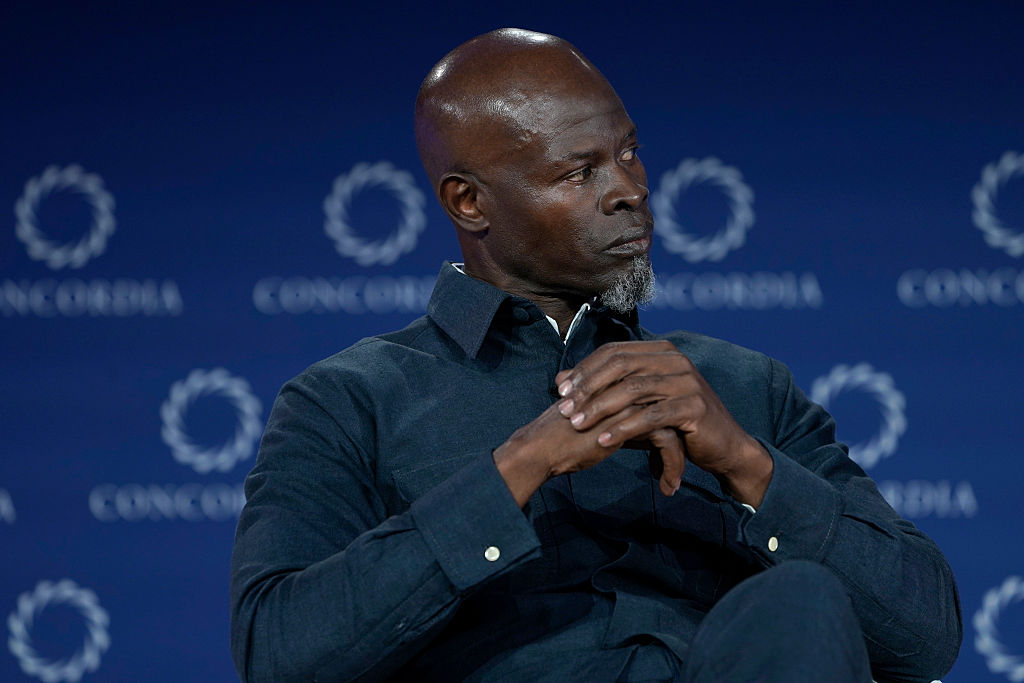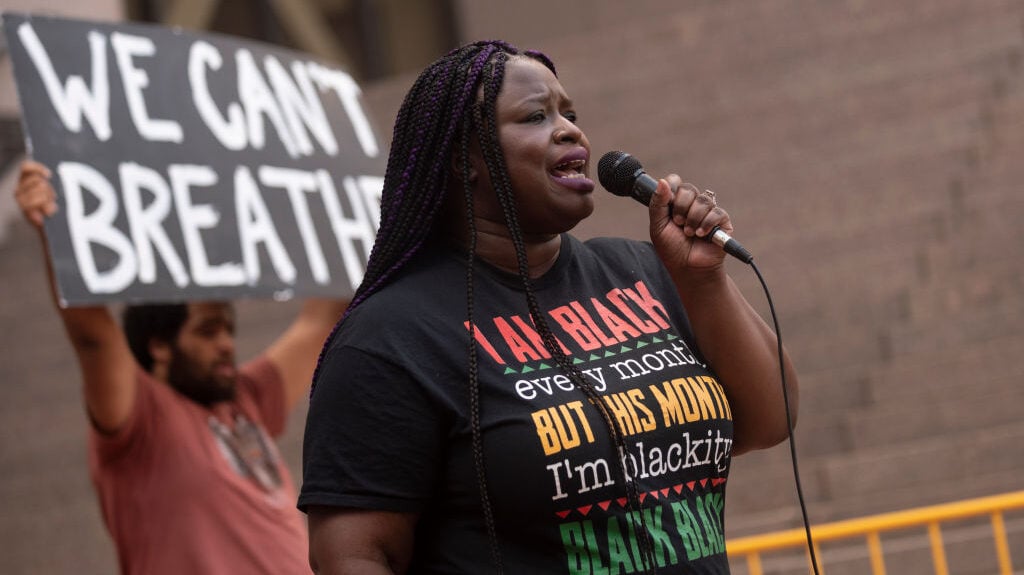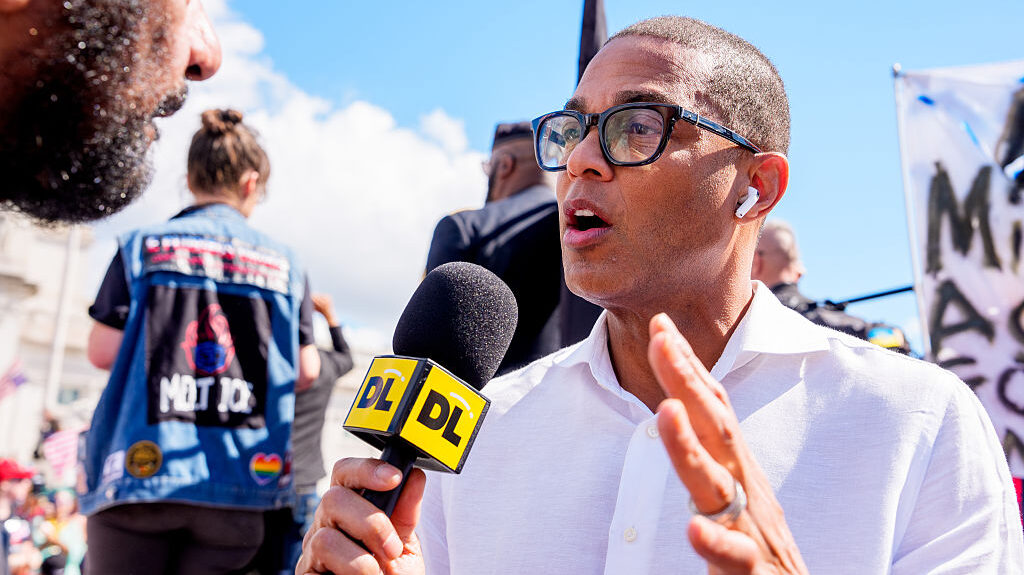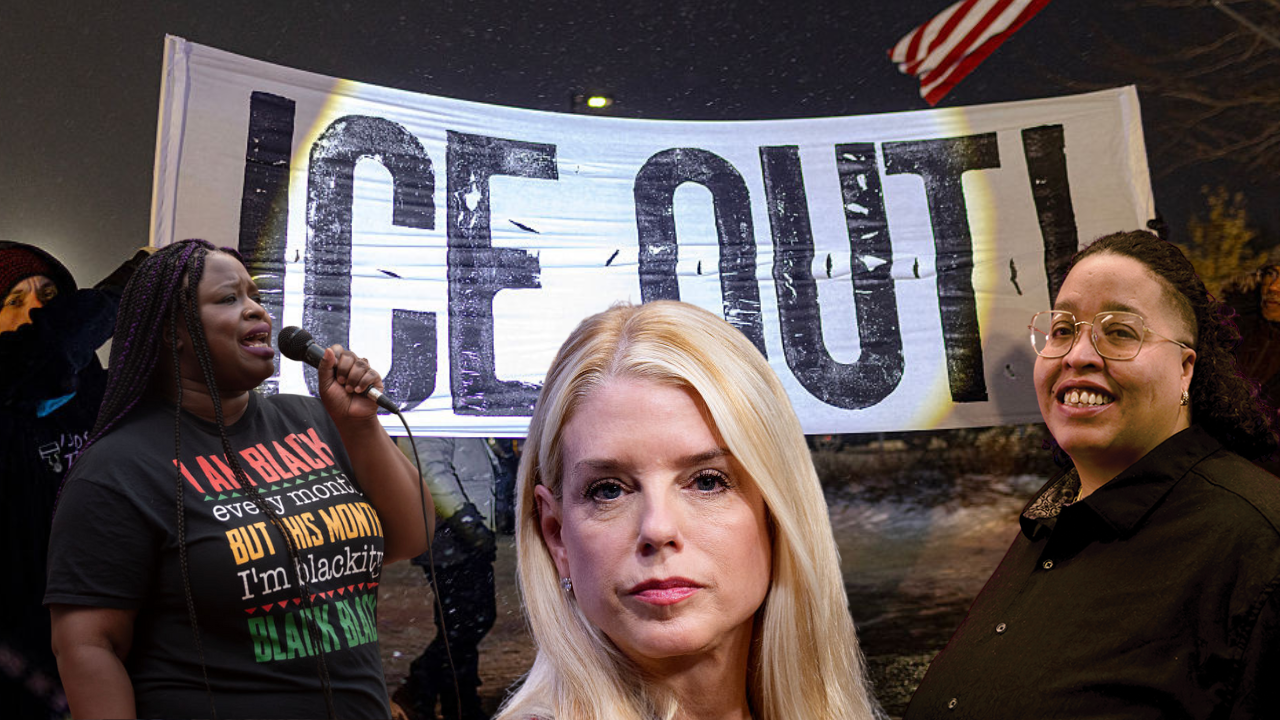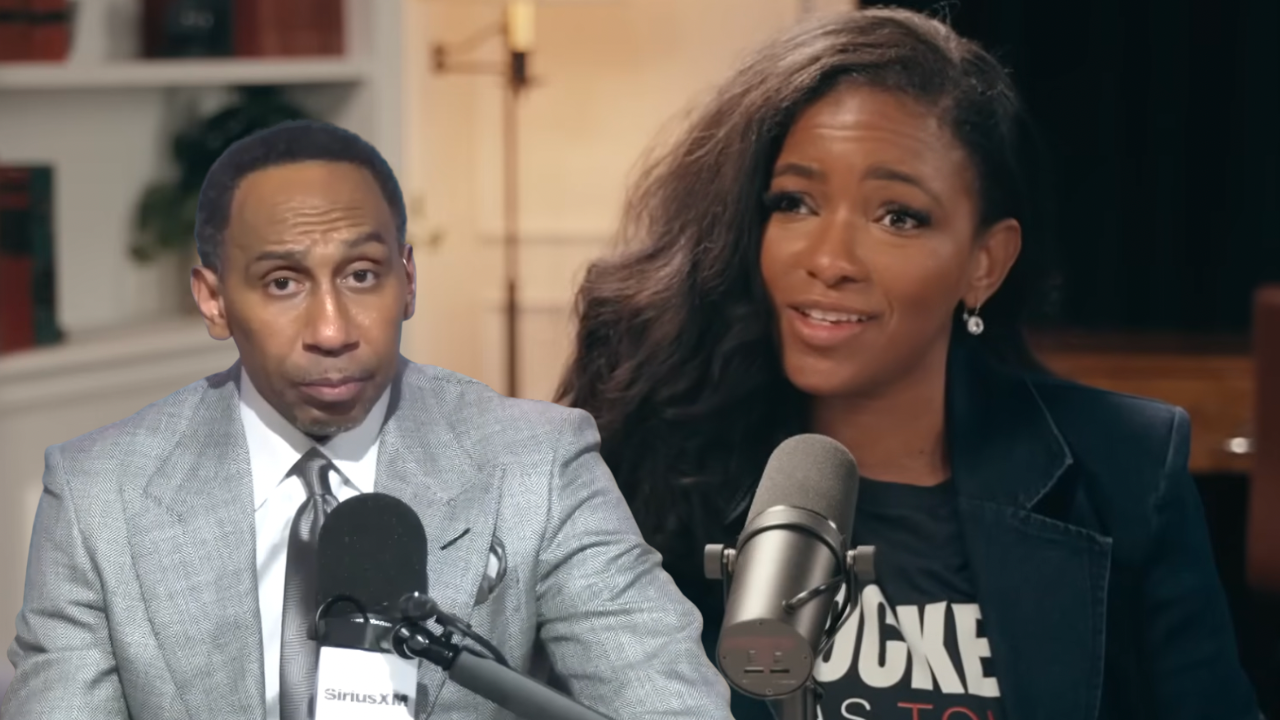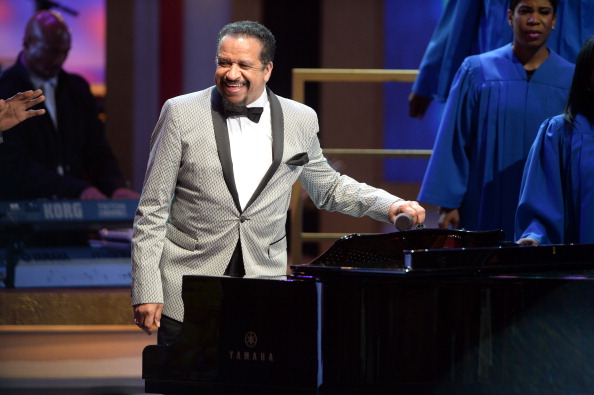Taylor Townsend-Jelena Ostapenko US Open argument deeper than tennis’ unwritten rules

NEW YORK — It’s a post-match disagreement at the US Open that seems to have stemmed from the lack of an apology. That much appears clear.
But the allegations from Taylor Townsend that, after her 7-5, 6-1 second-round win Wednesday, Jelena Ostapenko told her she had “no education, no class,” seems more like what Althea Gibson might have faced from an opponent when she broke the color barrier in major tennis in 1950.
It’s not what one would expect in a major sporting event in 2025.
So, you think, ‘Hold on. Maybe what Townsend said she heard was misinterpreted. Maybe we should take a pause, and while we investigate further give Ostapenko the benefit of the doubt.’
But then you do a little digging, and what’s unveiled is that Ostapenko has spent her entire career playing the role of a habitual line-stepper.
Like the time Ostapenko, after unsuccessfully challenging a call of the racquet of Coco Gauff in a 2019 match, held the ball in the air and asked the referee repeatedly, “Can you see the ball? Can you see the ball? Are you sure?”
Or the time when Ostapenko threw a racquet at the head of a ballboy. That, according to her opponent, Naomi Broady, should have led to a disqualification.
Or maybe the match in 2021 when a furious Maria Sakkari, during a changeover, insisted that officials check the cameras to back up what she said Ostapenko called her: a “f—–g b—h.”
Let’s face it: Athletes, in the heat of the moment, lose their cool. We get that. But if it’s proven that Ostapenko did, indeed, say that Townsend had “No education, no class,” that crosses a line that the governing bodies of tennis should address.
Clive Brunskill/Getty Images
Townsend, to her credit, kept her cool. As Ostapenko pointed her finger in her face, Townsend verbally fired back: “You can learn to take a loss better,” Townsend was heard saying by a fan who recorded courtside video of the exchange.
Just call Townsend’s restraint, if what she allegedly heard is true, a business decision. Making it to the third round guarantees a check of $237,000, with bigger checks guaranteed if she keeps winning. Why risk a bigger payday?
But Townsend plays with passion, fire and class.
“I stood up for myself,” Townsend said. “And I kept in my mind in that moment how I wanted to portray myself and how I wanted to show up, and if my son were to see this interaction, how would he view it?”
Townsend showed up to answer questions in the media room, something Ostapenko avoided. Instead of answering questions directly, Ostapenko defended herself on social media and claimed she told Townsend that she “was very disrespectful” for not offering an apology for help from a net cord during a point, and that Townsend “was very disrepectful” for not starting her warmup on the baseline.
Townsend wasn’t buying it.
“Everyone has a right to feel what they feel,” Townsend said in her news conference. “The problem is don’t push your expectations on me. If you expect for someone to apologize and they don’t and you get upset about it, that’s your fault, not mine.”
But this is deeper than tennis etiquette and unwritten rules. If the allegations are true, they dive into debate about race and the perception about Black people that’s currently taking a hit in this country, where leadership would lead you to believe that Black people — regardless of their education — are not qualified for the positions they’ve earned.
It’s all about perception, which brings me to a trip to what used to be the Soviet Union back in 1990 when a small contingent from our company softball team — a group of Black Americans — encountered a couple of locals in Moscow. Those locals were initially apprehensive to engage in any type of dialogue with our group, later admitting that their perception of Black people was shaped by the images they’d seen on television, particularly in rap videos.
Mike Frey-Imagn Images
Townsend was asked whether she felt the comments she alleged that Ostapenko made had racial overtones.
“I don’t know — I can’t speak on what her intentions were. I can only speak on how I handled the situation,” Townsend said. “I’m very proud as a Black woman being out here representing myself and representing us and our culture. I make sure that I do everything that I can to be the best representation possible every time that I step on the court and even off the court.”
Let’s revisit the allegeded allegations.
As far as education, a check of Ostapenko’s background didn’t reveal any type of advanced schooling for the 28-year-old. That’s not unusual in tennis, where many players devote their entire lives to the sport from a young age.
As far as class? When it comes to Ostapenko, there’s an entire YouTube video — Jelena Ostapenko DRAMA Ultimate Compilation — that tells you all you need to know.
What's Your Reaction?
 Like
0
Like
0
 Dislike
0
Dislike
0
 Love
0
Love
0
 Funny
0
Funny
0
 Angry
0
Angry
0
 Sad
0
Sad
0
 Wow
0
Wow
0




